Intro Heart Health:
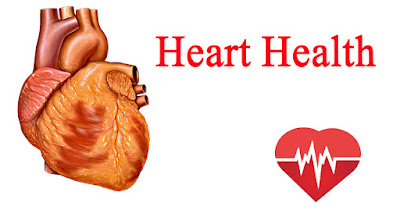 |
| Heart Health |
There are so many myths surrounding heart health, and it can be hard to know what to believe when you’re trying to take care of your heart. If you want to know the truth about heart health and keep your heart healthy throughout your life, these four things are important to know.
Are you ignoring your heart health?
If you’re like most people, your heart health may not be something you’ve given much thought to. After all, healthy hearts are often taken for granted until they aren’t. One in every four deaths in America is related to heart disease—or an estimated 585,000 deaths each year. But by addressing these five risk factors now and making simple lifestyle changes, you can protect your heart for years to come. A lot of people have heard about high cholesterol, but there are many other things that put us at risk for cardiovascular problems as well. You need to know about them so you can make smart choices to improve your heart health. So read on!
According to the CDC, 100 million Americans have cardiovascular disease:
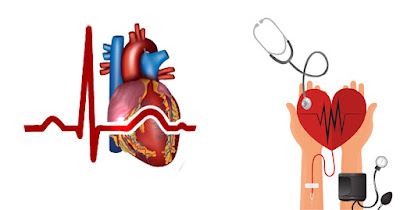 |
| Heart Health |
That’s about 1 out of every 3 adults. It’s a huge and rapidly growing health crisis, but many people still don’t fully understand what it is and how to prevent it. We asked Dr. Rajahs Sharma, author of Healthy Solutions for America (published by Om Books), to weigh in on heart health and let us know what we need to do to avoid heart disease and live longer, healthier lives. Here’s what he said my personal recommendation for anyone looking to improve their heart health would be to focus on one thing first: getting your weight under control.
This means keeping track of your calories (not just counting them) and eating only as much as you need each day. Your diet should consist mostly of whole foods—fresh fruits, vegetables, nuts, seeds, lean meats—and avoiding processed food at all costs. Most importantly, your diet should have no more than 30% fat—so forget high-fat diets like Atkins or Pale; they aren't good for your heart! Once you get yourself into shape by focusing on a healthy diet alone, you can move onto other things like getting enough exercise or cutting back on stress.
In just one year, heart disease kills 1 in 4 Americans under 65:
It’s an alarming statistic, and it should be a wake-up call to all of us. We should all learn as much as we can about heart health so that we can lower our risk factors and take an active role in keeping our tickers healthy. There are many things you can do to protect your heart, but it might surprise you just how small steps like adding more fiber to your diet, or losing weight—even just five pounds—can have a huge impact on improving your heart health. For example, if you want to prevent heart disease, lowering your blood pressure by just 20 points could make all of the difference. In fact, some research has shown that doing even one thing to improve your heart health can lead to a 40% reduction in death from cardiovascular disease. That’s huge! So what are you waiting for? Start today with these easy tips for protecting your heart.
What can you do right now?
To lower your risk of heart disease, experts say you should make a few simple lifestyle changes and talk to your doctor about whether you should take a daily aspirin. Experts have been telling people for years that lowering salt intake and losing weight are two important ways to prevent high blood pressure and heart disease. However, they also recommend that everyone consume less than 1,500 milligrams of sodium per day—the equivalent of one teaspoon of table salt—but no more than 2,300 milligrams. They say you can reduce your sodium intake by choosing fresh foods over processed ones and limiting certain sauces, soups, breads and cold cuts.
Focus on eating healthy fats:
Eating healthy fats helps your body absorb nutrients, keep your hormones in check and maintain a healthy weight. Eat enough avocados, nuts, seeds and eggs to get at least 30 percent of your total fat from these sources. Limit saturated fats from red meat, processed meats and high-fat dairy products to 10 percent or less of your total daily calories. Replace these foods with non-fat or low-fat versions. Read ingredient labels and avoid Tran’s fats as much as possible by limiting highly processed foods. You should limit added sugars to about 150 calories per day for women or 250 calories per day for men (or 3,000 or 2,500 milligrams per day), according to new 2015 federal dietary guidelines.
Fats are NOT bad for you; they are essential nutrients!
Many people have cut fats out of their diets because they believed that they lead to obesity and heart disease. This is not necessarily true. While saturated fats are indeed unhealthy, others such as monounsaturated and polyunsaturated fatty acids can actually help your body in many ways (1). Despite what you may have been told about fat, it’s important to get some in your diet every day; keep in mind that moderation is key. It’s a good idea to avoid fried foods, processed snacks and other heavily-processed junk food. However, if you make smart choices, fats will serve you well. It’s just a matter of knowing how to eat them properly!
It doesn’t matter if you already have a history of heart disease or diabetes:
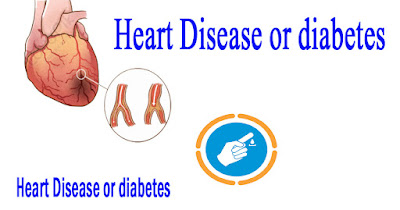 |
| Heart Health |
It’s important to learn about heart health so you can be aware of your risk factors. For example, did you know that it’s a known fact that high blood pressure is one of the leading causes of strokes? That being said, if you have high blood pressure, there are many safe and natural ways to lower it and feel better overall. Your doctor will likely tell you that medication is an option for lowering your blood pressure, but if you take a natural approach by exercising regularly and eating whole foods low in saturated fat and cholesterol, not only will you see improvements in your blood pressure but also see health benefits across other parts of your body as well. When it comes to heart health, prevention really is key. So don’t wait!
Support yourself with good fats in your diet:
When you’re eating for heart health, don’t overlook important fats. Saturated fats and Tran’s fats are found in red meat, pork, butter, cheese and other animal products; these bad fats can clog your arteries. Include good-for-you polyunsaturated and monounsaturated fats in your diet by choosing fish such as salmon and sardines instead of red meat. Also, try olive oil over butter when sauteing or baking at home to cut back on saturated fat. And keep an eye out for partially hydrogenated oils—which give food a longer shelf life but should not be a part of any heart-healthy diet because they contain harmful Tran’s fat that contributes to clogged arteries.
Exercise and stretch more:
If you’re looking to reduce your risk of heart disease, regular exercise and stretching are essential. Research suggests that middle-aged adults who engage in moderate activity for two or more hours per week have a 30 percent lower chance of developing coronary artery disease. Take walks around your neighborhood, join a local softball league, or set up an office fitness program to get started. Find what makes you happy and do it often. Exercise is best for heart health.
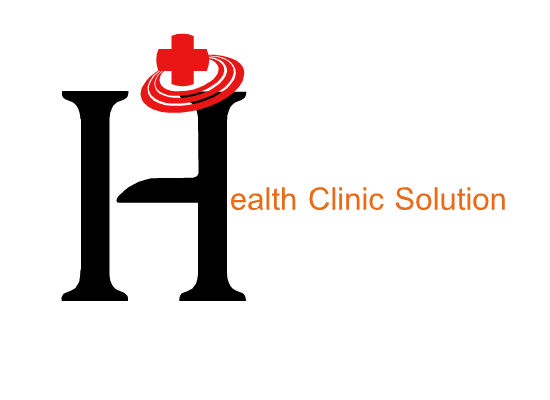

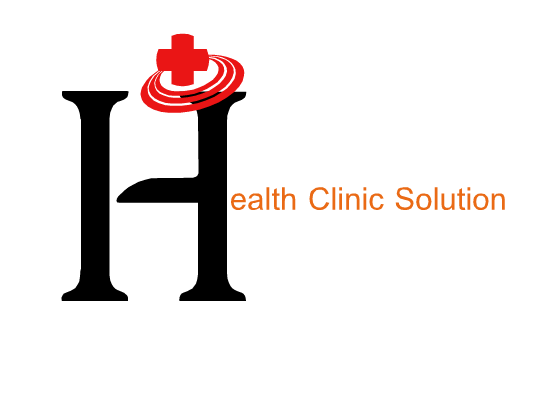



0 Comments